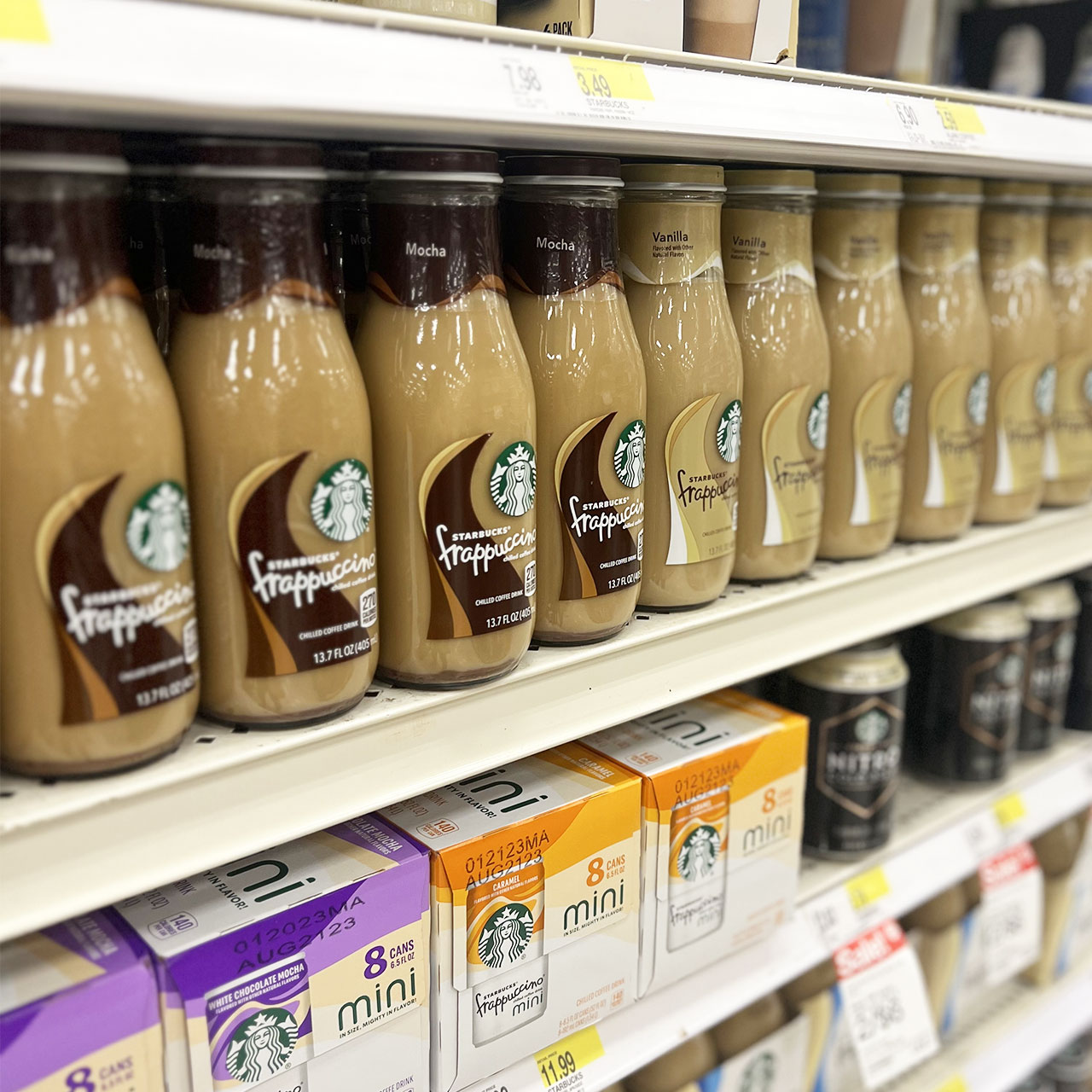Milk is a staple in many diets, providing essential nutrients like calcium and protein. However, with the rise of lactose intolerance and dietary preferences, non-dairy milk alternatives such as almond, oat, and soy milk have become increasingly popular. While these plant-based milks can offer health benefits, some varieties—especially those with added sugars or unhealthy fats—can contribute to abdominal fat.
We spoke with Dr. Ralph Waldo to find out which types of milk to avoid if you’re aiming to reduce belly fat. According to Dr. Waldo, rice milk and soy milk are the two you should steer clear of. Keep reading to learn why.


Why Rice Milk And Soy Milk Can Lead To Belly Fat
Rice milk is naturally high in carbohydrates, and many store-bought varieties contain added sugars. The high glycemic index of rice milk can cause blood sugar spikes, leading to increased fat storage, particularly around the abdominal area.
While soy milk is a popular plant-based option, it does contain compounds that can disrupt hormone balance in some individuals.
Waldo says, "Rice milk is high in sugar, often containing over 10 grams per cup. This spike in blood sugar promotes fat storage in the abdomen. Soy milk contains compounds called isoflavones that may disrupt hormones and encourage fat deposition around the midsection."
Both options can be part of a balanced diet, but excessive consumption, especially of sweetened varieties, can contribute to belly fat.

Consider These Alternatives
For those looking to explore healthier alternatives, there are better options available. Dr. Waldo specifically suggests trying unsweetened almond or coconut milk.
"Better options are unsweetened almond or coconut milk. Almond milk has 1 gram of sugar and provides healthy fats to satisfy hunger. Coconut milk contains medium-chain triglycerides that may boost metabolism. For weight loss, choose unsweetened varieties and watch portion sizes. These provide nutrition without the unhealthy effects of other non-dairy milks," he notes.


























